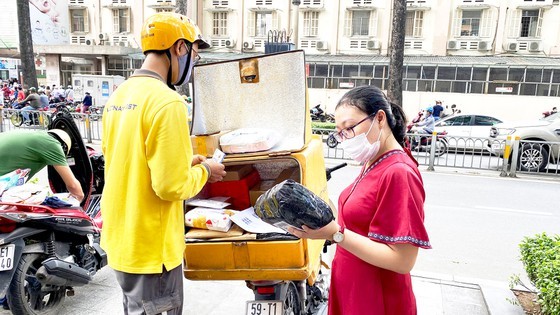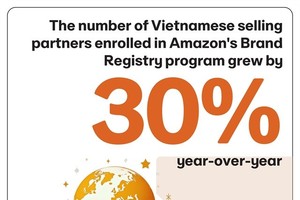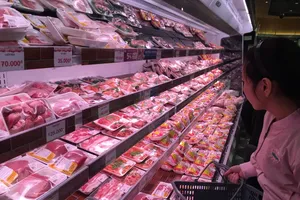
Some moves in the local market plus complicated development of the coronavirus pandemic have revealed that e-commerce will grow rapidly more than traditional retail. With a population of some 95 million people and a high percentage of younger residents and Internet users, the local e-commerce market is forecast to continue to grow significantly.
In the Southeast Asian country, size of local e-commerce market is expected to hit US$13 billion this year but its growth is not sustainable because according to the E-commerce and Digital Economy Agency (IDEA)’s survey, 83 percent of consumers fretted to buy lousy products. Therefore, authorities must build consumers’ trust to e-commerce.
A few months ago, IDEA discovered more than 5,000 e-commerce platforms such as Lazada.vn, Sendo.vn, Vatgia.com with over 21,000 commodities have violated the present regulations after reviewing all.
A representative from Lazada.vn said that it has re-checked all booths and imposed punishment on theses booths to sell counterfeit goods. Despite their efforts in dealing with the problem, rampant fake products are advertised on e-commerce platforms.
For instance, a pair of shoe Sneaker for female with same designs of Nike costs VND159,000 (US$6.8) on Sendo.vn platform. Traders admitted the shoe is made in China. Likewise, bags with same design of Hermes Bikin in Lazada.vn fluctuate from VND349,000 to VND4.5 million.
Lately, there has been a boom of fanpage to sell commodities including vegetables and fish. Small household businesses admitted to sell commodities to raise their earning. However, some shippers fraudulently substitute or eat food ordered by consumers recorded by a resident who posted in social network.
As per the Vietnam E-commerce White Book in 2019, launched by the Ministry of Industry and Trade’s Vietnam E-commerce and Digital Economy Agency, around 70 percent of Internet users have done online shopping at least once a year. It has also shown that 61 percent of users have spent three to five hours a day surfing internet to seek information of commodities.
Moreover, 35 percent of e-commerce buyers had bought goods/services worth over VND5 million; 22 percent had bought goods/services worth from VND3 million to VND5 million 26 percent of had bought goods/services worth from VND1 million to VND3 million.
However, the Vietnam E-commerce Association revealed that the proportion of buyers refusing the goods/services is high and many worried that their personal information leaked out.
Mentioning these problems, Deputy Chairman of the Vietnam E-commerce Association Nguyen Ngoc Dung warned that businesspersons must sell good products or else their business will go down while Chairwoman of Ho Chi Minh City's Consumer Protection Association Phan Thi Viet Thu encouraged people to report to relevant agencies in case they receive low quality products.
























